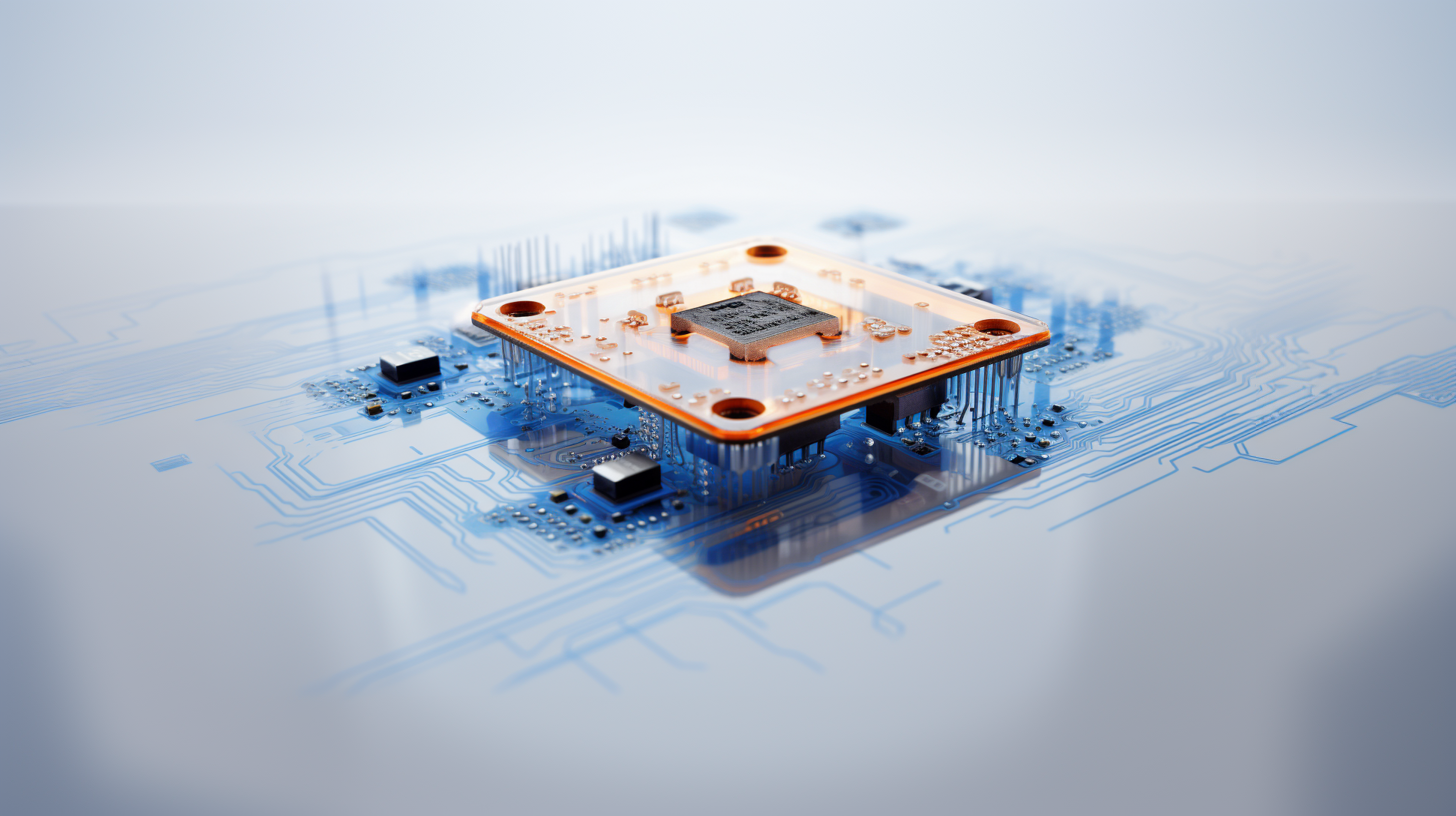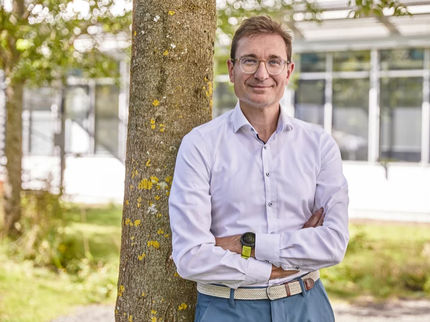Strategic Development Partnership between Farfield Scientific and Monash University
Farfield Scientific Limited and the Department of biochemistry and molecular biology at Monash University have recently entered a strategic partnership to create a series of biosensor surfaces that will be used to establish a new approach to the structural analysis of membrane protein function. The partnership has recently attracted Australian Research Council funding at Monash. The aim of the collaboration is to commercialise a new generation of membrane-mimetic biosensor surfaces which can be used to analyse the structure and function of membrane-associating peptides and proteins.
Associate Professor Marie-Isabel Aguilar, leading the project at Monash, stated, "We propose to develop a new range of sensor chips with specifically designed and characterised phospholipid surfaces using patented Monash technology. We will analyse the structure of the different membrane surfaces using high-resolution and information-rich measurements from our Farfield AnaLight® Bio200 Dual Polarisation Interferometry instrument. We will then apply these sensor chips to the analysis of a range of peptide and protein membrane processes. The outcome will be a new-generation of biosensors that will provide unprecedented structural information that will underpin new developments in drug discovery and design. In particular, this technology may lead to the identification of new proteins and drug targets for therapeutic development. The long-term outcome would be the development of improved therapeutics which would be coupled to potential economic returns when further commercialisation is achieved."
Most read news
Topics
Organizations
Other news from the department science

Get the chemical industry in your inbox
By submitting this form you agree that LUMITOS AG will send you the newsletter(s) selected above by email. Your data will not be passed on to third parties. Your data will be stored and processed in accordance with our data protection regulations. LUMITOS may contact you by email for the purpose of advertising or market and opinion surveys. You can revoke your consent at any time without giving reasons to LUMITOS AG, Ernst-Augustin-Str. 2, 12489 Berlin, Germany or by e-mail at revoke@lumitos.com with effect for the future. In addition, each email contains a link to unsubscribe from the corresponding newsletter.
Most read news
More news from our other portals
See the theme worlds for related content
Topic world Sensor technology
Sensor technology has revolutionized the chemical industry by providing accurate, timely and reliable data across a wide range of processes. From monitoring critical parameters in production lines to early detection of potential malfunctions or hazards, sensors are the silent sentinels that ensure quality, efficiency and safety.

Topic world Sensor technology
Sensor technology has revolutionized the chemical industry by providing accurate, timely and reliable data across a wide range of processes. From monitoring critical parameters in production lines to early detection of potential malfunctions or hazards, sensors are the silent sentinels that ensure quality, efficiency and safety.

























































